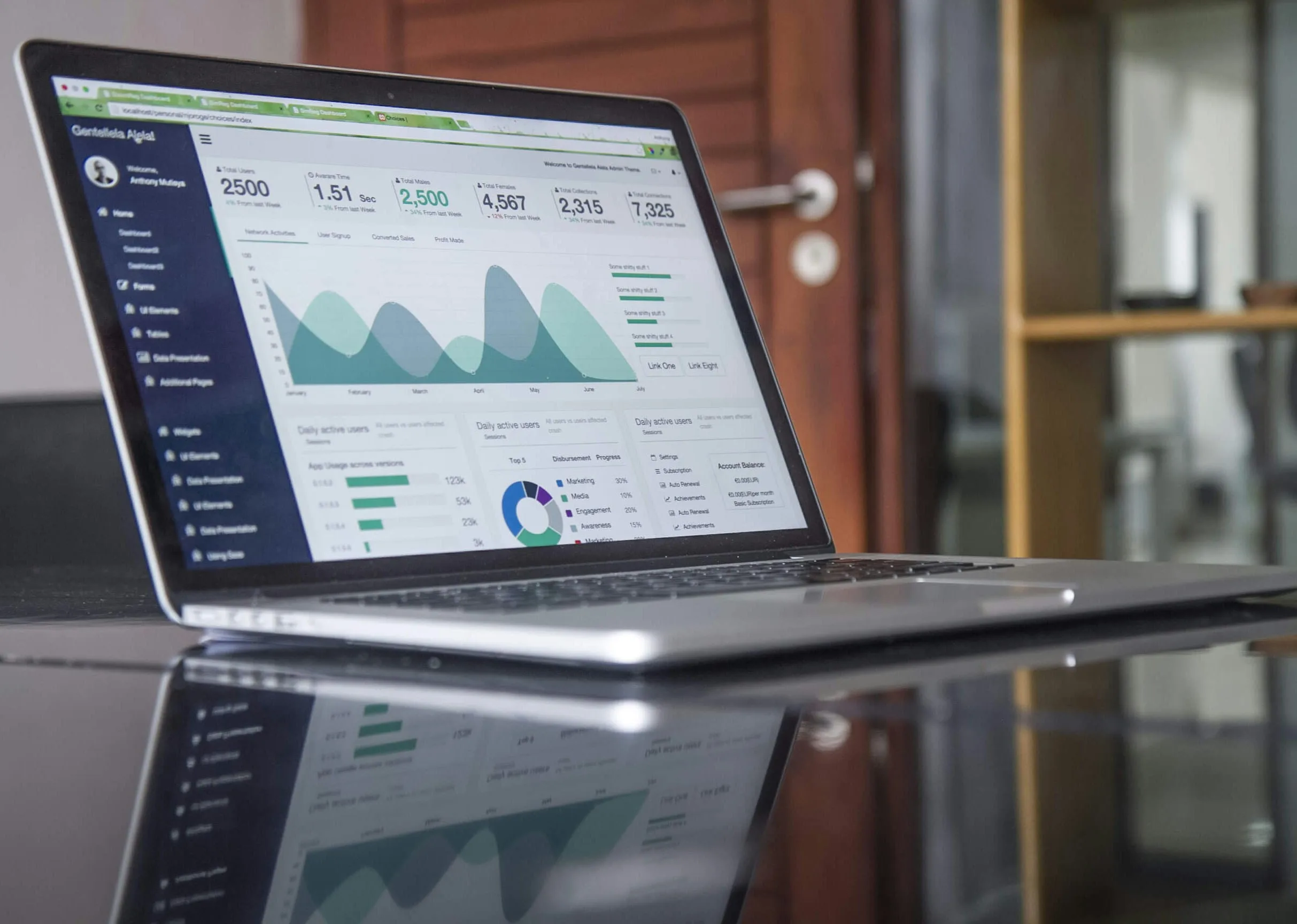Artificial intelligence (AI) has moved from the realm of science fiction into a powerful tool that is quietly shaping the way individuals and businesses handle money.
In the financial world, predictive models driven by AI are becoming invaluable because they can process enormous amounts of data and generate insights that would be impossible for humans to derive manually in the same timeframe.
For homeowners and those planning renovations, these predictive capabilities can make what once felt like a daunting financial journey far more manageable.
By using AI to forecast costs, anticipate economic fluctuations, and model potential financial outcomes, people can approach major projects with newfound confidence and clarity.
AI-powered financial prediction works by sifting through historical data, market trends, and behavioral patterns to create models that are both adaptive and dynamic.
Unlike traditional forecasting methods that rely on static formulas and manual calculations, AI systems continuously learn and adjust to new information.
Leveraging Online Financial Tools for Smarter Home Renovation Planning
One of the most immediate ways AI’s influence can be felt is through the proliferation of online financial tools that integrate intelligent prediction.
These resources empower homeowners to plan renovations with a sharper focus on budgeting and cost management.
Sophisticated calculators and interactive planning platforms can assess market data, current lending rates, and historical pricing trends to help determine the best financing strategy for a project.
For instance, using the SoFi interest rate calculator can help individuals understand how fluctuations in lending rates might impact their monthly payments when financing a major home improvement.
By analyzing a range of potential interest rate scenarios, homeowners can make informed decisions that align with both their current budgets and long-term financial goals.
These tools, while simple in appearance, are often powered by complex AI models working behind the scenes. They take into account variables such as current market rates, projected economic shifts, and even patterns in consumer behavior to present an accurate picture of potential borrowing costs.
As a result, homeowners are better positioned to select the right financing method and timing, avoiding unnecessary expenses and ensuring that renovation plans remain financially sustainable.
AI-Driven Cost Estimation for Materials and Labor
Beyond financing, AI also plays a pivotal role in predicting the cost of materials and labor for home renovations. The prices of construction materials, from lumber to electrical fixtures, can fluctuate due to market demand, seasonal factors, and supply chain disruptions.
AI models trained on historical pricing data and current market indicators can predict these shifts with remarkable accuracy.
This means homeowners can plan purchases strategically—buying materials when prices are projected to be lower or locking in contracts with contractors before labor costs rise.
This predictive ability can be especially valuable when dealing with large-scale renovations where even small price changes can have a significant impact on the overall budget.
AI-driven platforms can analyze past renovation projects and local economic trends to provide customized estimates that account for regional variations and future cost projections.
Optimizing Energy Efficiency and Long-Term Savings
Another important dimension of AI’s role in financial predictions involves long-term savings, particularly those tied to energy efficiency. Renovations often include upgrades like improved insulation, energy-efficient windows, or solar panel installations.
AI can model the potential energy savings from these improvements by analyzing local climate patterns, historical energy usage, and expected changes in utility rates.
By accurately projecting the financial impact of these upgrades over time, homeowners can confidently decide which investments will yield the highest return.
AI can even factor in the possibility of future regulatory changes or technological advancements that might affect energy costs.
This allows homeowners to make strategic decisions not just for today’s market but for a future in which energy efficiency is likely to become even more critical.
AI and Risk Management in Renovation Financing
Renovation projects inherently carry financial risks, from unexpected structural issues to unforeseen changes in the broader economy. AI helps mitigate these uncertainties by analyzing massive datasets to identify potential risk factors.
Predictive algorithms can highlight economic indicators that signal potential interest rate hikes, changes in housing market trends, or shifts in consumer borrowing habits. This gives homeowners the ability to proactively adjust their financing plans before adverse conditions arise.
For example, if an AI model predicts a probable increase in the cost of borrowing within the next six months, homeowners can choose to secure a fixed-rate loan sooner rather than later.
Similarly, if the model identifies a potential downturn in the housing market, individuals might adjust their renovation plans to focus on projects that yield a higher return on investment, protecting their equity.
Streamlining Budget Tracking and Project Management
Once a renovation project is underway, AI can continue to add value by streamlining budget tracking and project management. Intelligent systems can monitor spending in real-time, flagging deviations from the planned budget and forecasting potential overruns before they occur.
By integrating data from invoices, receipts, and supplier quotes, AI provides a comprehensive and continuously updated financial picture of the project.
Homeowners can then make timely adjustments—whether by negotiating with contractors, sourcing alternative materials, or reprioritizing certain tasks—to stay on track financially.
Additionally, AI’s predictive analytics can identify patterns in project delays or cost escalations, helping homeowners anticipate and prevent common pitfalls.
This proactive approach ensures that financial planning does not end once the project begins; instead, it remains an ongoing process guided by AI’s capacity to adapt to evolving circumstances.
The Future of Effortless Financial Forecasting
As AI continues to evolve, its role in making financial predictions for home renovations will only grow more sophisticated. Emerging technologies such as machine learning and neural networks promise even greater accuracy and adaptability.
Future AI systems may be able to simulate countless financial scenarios, accounting for variables like inflation rates, global economic shifts, and technological advancements in construction materials.
This will enable homeowners to plan renovations with an unprecedented level of confidence, turning what was once a complex financial undertaking into a streamlined and data-driven process.


